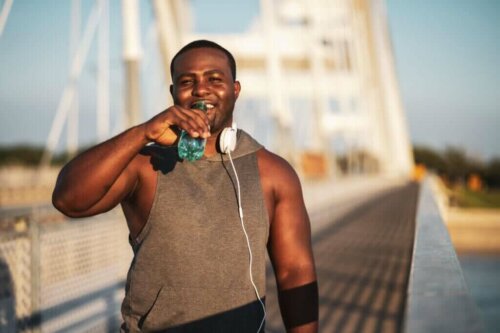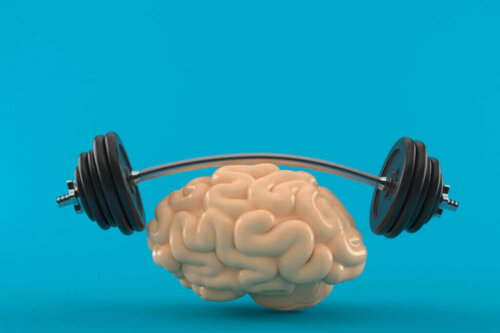Gifted Child Athletes
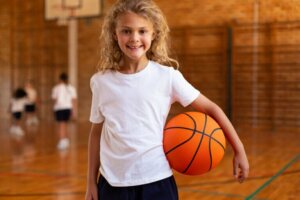
Have you ever seen a little girl playing baseball and thought, “That kid was born with a ball in her hands?” Or, seen a little boy dancing in perfect time to the music? Some kids seem to have an innate athleticism that has nothing to do with external influences. While this doesn’t always correlate with a high IQ, it’s still important to identify these skills as early as possible so that gifted child athletes can develop their natural skills.
Howard Gardner’s Theory of Multiple Intelligences states that some children excel in certain areas (math, music, or art) more than others. We also know that children with an IQ over 120 are considered highly intelligent, but is there a similar scale for children with exceptional motor skills? Do some children have skills that make them particularly good at sports? The answer is yes!
There are children who have surprisingly well-developed motor skills, reflexes, strength, and balance. They often have a noticeably athletic physique and stand out compared to other children their age.
Identifying and supporting these gifted kids and giving them opportunities for development is crucial. It’s also important to make sure that we meet their social and emotional developmental needs as well. Let’s explore this further.
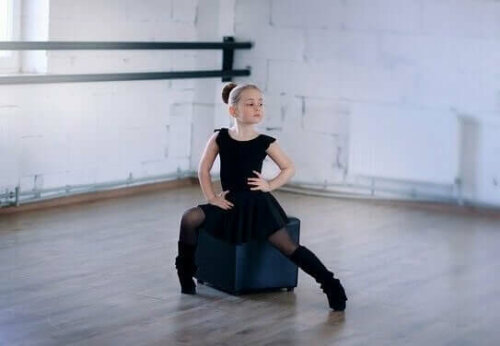
Traits of gifted young athletes
Basketball, rhythmic gymnastics, track and field, ice skating, soccer, and tennis … children with advanced athletic skills aren’t always part of a club or a team. They often play outside with other kids or on the playground at school, and their abilities may go unnoticed. Another issue is that their families might not have the resources to get them formally involved in the sport they’re most interested in.
Even children who are very gifted might end up leaving a sport if they aren’t committed. The life of an athlete isn’t always easy, and talent isn’t synonymous with success. Just because a little girl is great at soccer doesn’t mean that she’ll go on to play professionally.
So, if talent alone doesn’t make for a great athlete, what does? Training, coaching, support, and commitment are absolutely crucial. Usain Bolt, for example, was a child with impressive athletic skills. From a very young age, it seemed like he was born to run. Nevertheless, without a supportive community to help train him, there’s no way he would have won eleven world titles and eight Olympic medals.
So, detecting these skills early is key to developing children’s abilities. They need all the support and resources possible if they want to become college or professional athletes.
What are some traits of the gifted child athlete?
These days, there are several resources that can help detect gifted young athletes. The Piqueres model, for example, is one of those. It advocates a scientific strategy that prioritizes the following areas:
- Detection. This model looks at coordination, endurance, strength, and the child’s ability for a particular sport.
- Potential. The ability to learn and respond to training and their level of maturity.
- Ability to play the sport in a structured way, and show a good level of commitment.
- Ability to concentrate on the activity at hand for long periods of time.
Gifted child athletes usually have some of the following characteristics as well:
- Physical abilities suited to a particular sport from a young age.
- Significant interest and motivation.
- The desire to learn, train, and understand as much as possible about their chosen sport.
- A competitive spirit.
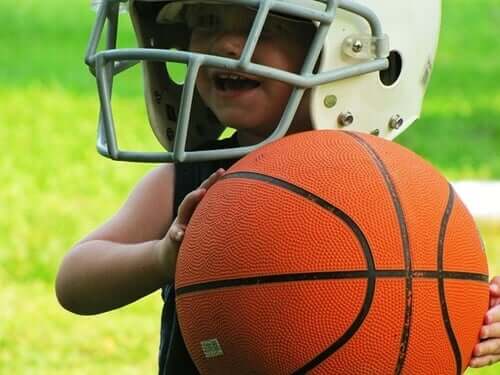
Athletic skills don’t always go hand in hand with a high IQ
Exceptionally gifted children aren’t always great at sports. On the contrary, sometimes they’re somewhat clumsy, or in constant motion (which people confuse for hyperactivity).
As a result, having a child with exceptional athletic ability doesn’t mean that they’ll also be a genius. That doesn’t mean it never happens, but it’s uncommon.
What’s more often the case is that the child develops cognitive skills related to the sport that they’re passionate about. They know how to plan, react, come up with techniques, focus, concentrate, and remember strategies for the activity they’re engaged in.
But the most important thing for gifted child athletes, above all, is emotional support. Their choice of activity should always be something positive for them, a space that allows them to grow free from stress and pressure that’s inappropriate for their age.
After all, their emotional and social development is more important than the specific physical abilities that they develop. They should have the opportunity to enjoy a childhood without worrying about winning championships or disappointing a coach.
A skill is an advantage that has the ability to increase a person’s happiness. At the end of the day, that should be the ultimate goal for the gifted child athlete.
All cited sources were thoroughly reviewed by our team to ensure their quality, reliability, currency, and validity. The bibliography of this article was considered reliable and of academic or scientific accuracy.
- Brotóns-Piqueres, J. M. (2005). Propuesta de un modelo integral para el proceso de detección, selección y desarrollo de talentos deportivos a largo plazo. Lecturas, educación física y deportes. 91 (10). Recuperado el 02/05/2015.
- Díaz-Suárez, A.; Morales-Baños, V. & Calvo-García, J. A. (2008). Acercamiento a la detección de talentos deportivos. Lecturas, educación física y deportes. 121 (13). Recuperado el 05/06/2015.
This text is provided for informational purposes only and does not replace consultation with a professional. If in doubt, consult your specialist.





